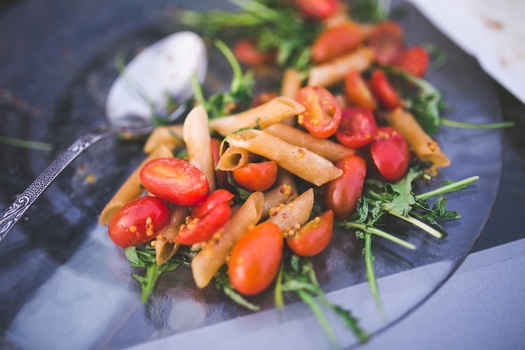Living with or recovering from depression is difficult. While there is no quick fix, there are some things that you can incorporate into your treatment to help ease recovery. For example, food! Here are some food tips that can help to gradually increase your mood:
- Smart Carbs: Don’t avoid carbs. They can boost the positive chemical – serotonin, in your brain. Try to stay away from simple carbs such as cakes and cookies and instead choose complex carbs such as whole grains. Mix this with fruits, legumes and vegetables, and you may be able boost your mood levels.
- Getting Vitamin D: People with a deficiency in vitamin D are more likely to develop depression compared to those with sufficient vitamin D. A study, from the University of Toronto found that people with depression, especially seasonal affective disorder (SAD), had improved symptoms as the levels of vitamin D in their body increased over a year’s time.
- Whole grains such as brown rice, oatmeal, and whole-grain pasta
- Beans and legumes
- Lean meats such as skinless chicken, turkey, lean beef and pork
- Low-fat dairy products
- Seeds and nuts, especially brazil nuts
- Seafood including clams, oysters, sardines, saltwater fish, freshwater fish and crab
- Foods with Selenium: Selenium is a mineral that can boost your health. It is found in foods that are considered good for your health as it is. This includes
- Whole grains such as brown rice, oatmeal, and whole-grain pasta
- Beans and legumes
- Lean meats such as skinless chicken, turkey, lean beef and pork
- Low-fat dairy products
- Seeds and nuts, especially brazil nuts
- Seafood including clams, oysters, sardines, saltwater fish, freshwater fish and crab
- Antioxidants: Antioxidants such as vitamin C fight the effects of free radicals that damage cells in the body. The brain has been shown to be particularly at risk. The power of free radicals can be reduced by eating foods with antioxidants such as:
- Vitamin C:strawberries, blueberries, kiwi , potatoes, broccoli, grapefruit, oranges, peppers, strawberries, and tomatoes
- Beta-carotene:broccoli, apricots, carrots, sweet potato, cantaloupe, collards, spinach, peaches, and pumpkin
- Vitamin E:nuts, margarine, seeds, wheat germ, and vegetable oils
Be sure to consult with your doctor before starting any new diet program.
Do you or a loved one live with depression? See if they qualify for Segal’s clinical research study today!
Source: http://www.webmd.com/depression/guide/diet-recovery


